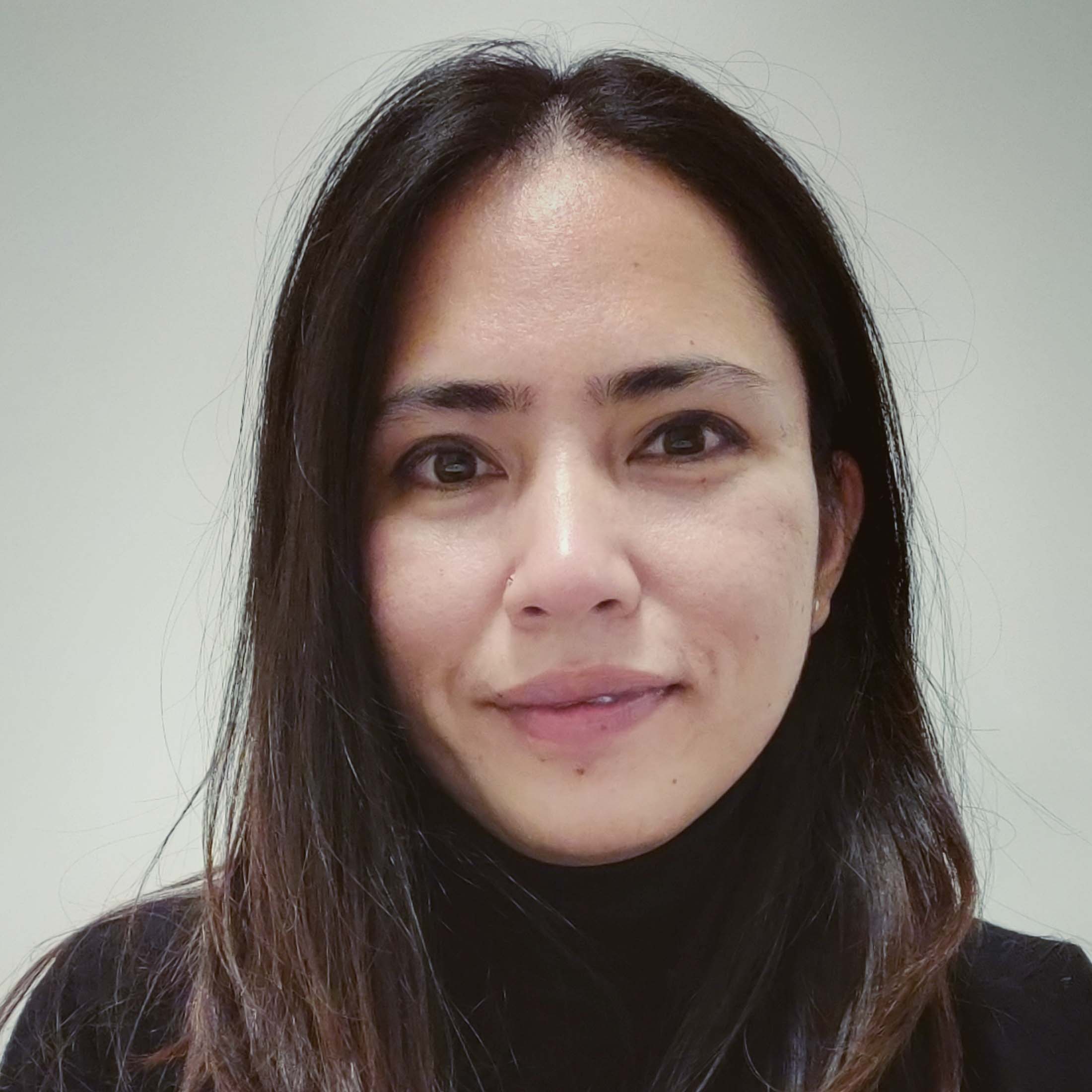National
Meet the women who are defying media’s unrealistic body images
Meet Soni Shrestha. At 10, she had jaundice and failed to gain weight. As a teenager, she was 5 feet 5 inches tall but weighed just 42 kgs. For being dangerously underweight, she was mocked throughout school, and was often called various insulting names.
Alisha Sijapati
Meet Soni Shrestha. At 10, she had jaundice and failed to gain weight. As a teenager, she was 5 feet 5 inches tall but weighed just 42 kgs. For being dangerously underweight, she was mocked throughout school, and was often called various insulting names.
Soni grew up to be a model, but was never confident in her body. She spent an inordinate amount of time on Facebook and Instagram, comparing her body with those of others.
As a child, Medha Bhattarai was big-boned and chubby. Although she was never bullied or teased in school for her build, she grew more body-conscious as teen. Looking at people on social media, Medha often felt hopeless because she could never get past her ‘unrealistic’ goal of having that perfect bikini body.
Constantly bombarded with unrealistic images of women on magazines, TV and social media, both Soni and Medha felt uncomfortable about their bodies. It didn’t help that any social event they attended would begin with casual comments on their weight—kasto dubli, kasto moti.
“When I used to hang out with my friends in Durbarmarg or Thamel, I would often hear men call me moti,” says Medha. “I used to feel bad. I wanted to be skinny. But now, I couldn’t care less.”
While Soni and Medha both put their discomfort behind, for many other women, things haven’t been easy. The media can be a blessing for some but for others, it’s a curse. The proliferation of unrealistic images can lead to feelings of inadequacy and self-consciousness. Social media has perhaps exacerbated this tendency, with people uploading selective pictures that might not depict them truly. In some cases, it can even lead to body dysmorphia—a psychological disorder where a person obsessively finds extreme flaws in own body. In 2015, American singer Miley Cyrus confirmed in an interview with the online magazine Dazed that she may have suffered from body dysmorphia during her Hannah Montana transition.
Medha is now the co-owner of the store Anek, which caters to plus size women, a rarity in a country that constantly shames women as being too skinny or too fat, too small or too large.
Now meet Binita Rai, a champion bodybuilder. Binita is no stranger to mockery as she is often teased for her bulging muscles on social media. While such ribbing might have affected her when she was younger, she now lets it all slide.
“I am a mother to an eight-year-old boy. I have stretch marks. People try to pull me down but I can’t be bothered,” she says. “I have bigger goals.”
Binita will be competing in one of the most prestigious bodybuilding championships in the world—Ms Olympia, but she wasn’t always this confident. She suffered from a prolonged lower back problem before joining a gym. She was born with a different spinal structure and without regular physiotherapy, her condition could have been life threatening.
“When I joined the gym five years ago, I had never dreamed that I would one day become a bodybuilder,” she says.
Women like Binita might be able to take charge of their own image and ignore unrealistic images, but even beauty queens are not safe from virtual taunts and a desire to be like someone else.
“When I won the title, people often said, ‘What a fat Miss Nepal!’”, says Sadichha Shrestha, the Miss Nepal 2010. “I was just 19 then and quite insecure about what was being said about me.”
With over 53,000 followers on Instagram, Sadichha now often posts stories of her working out and her holidays abroad. It might appear that her insecurities have disappeared. She’s now tempered her expectations.
“I’m a big fan of Victoria’s Secret model Candice Swanepoel but I know it’s unrealistic to have such an inspiration,” says Sadichha.
But she admits that as a public figure with a large following, she is responsible for perpetuating a certain image herself. “I know many people are influenced by me, but all I really do is live a healthy lifestyle,” she says.
“Social media and its unrealistic images can bog us down and hamper our self-confidence, but we need to realise that we cannot let such things hamper our daily lives,” says Medha. “Social media is a part of our life, it is not our life.”
It is difficult to get away from social media and its unrealistic portrayals of women but women like Soni, Medha, Binita and Sadichha are attempting to distance themselves and build an image that is positive and celebrates all types.




 9.7°C Kathmandu
9.7°C Kathmandu














